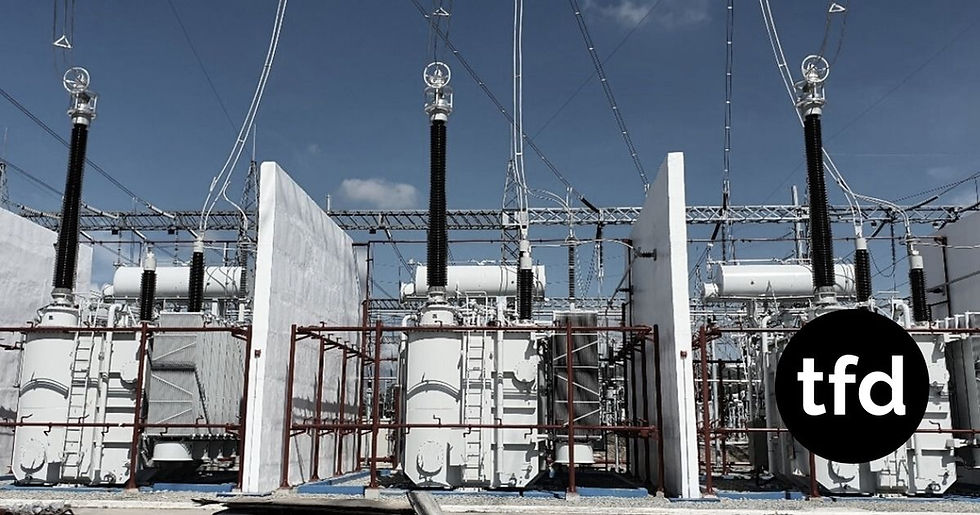[Part II] A Court of Fairness, A Ledger of Silence
- By Lito U. Gagni

- Aug 17, 2025
- 2 min read
Chief Justice Alexander Gesmundo once told me something I never forgot: “In every case, there is a winner and a loser. But what makes the day of the Chief Justice is when both sides know they were heard fairly, and that fairness is etched in the ruling.”

That thought lingers now as I examine another institution that deals not in laws or jurisprudence, but in wires, substations, and monthly bills—the National Grid Corporation of the Philippines (NGCP).
It is not a court of law, but it holds in its hands a kind of justice: the fairness due to millions of consumers who cannot speak directly, who have no seat at the table, but who nonetheless pay the price of every entry in its books.
If we open NGCP’s “ledger,” here is what we see on the Debit side—items passed on to the consumers, silently tucked inside transmission charges:
Delayed transmission projects already factored into rates, collected upfront, but years behind schedule.
Corporate Social Responsibility campaigns—roadshows, relief drives, charity projects—that should come from corporate profits but are instead billed to the public.
Advertising and branding expenses—glossy full-page spreads and prime-time TV commercials—costs that should have been part of corporate image-building but are instead embedded in monthly charges.
Unexplained line items, technical jargon in filings that find their way into bills, rarely noticed by the consumer.
Now, on the Credit side, what does the public receive?
Brownouts and service interruptions, especially in areas where transmission upgrades have lagged.
Assurances wrapped in technical jargon, but little in the way of transparent accounting.
A culture of silence when accountability is raised.
It is a ledger where the debits and credits do not balance—not in pesos, and not in fairness.
In the courts, Chief Justice Gesmundo reminds us, fairness is tangible—it is seen in the ruling, heard in the reasoning, felt in the assurance that even if one side lost, it was not ignored.
In the grid, however, what is etched is silence. Consumers pay, but they are not heard.
They shoulder costs but are not informed. They endure delays but are offered no fairness in return.
This is not simply about centavos and pesos on an electric bill. It is about trust.
It is about whether an institution that carries the wires of the nation also carries the moral fiber to distinguish between what is properly charged to the people and what is rightly borne by the corporation.
Justice, after all, is not confined to the courtroom. It is a principle that should infuse every institution entrusted with the public good. If the courts can etch fairness in their rulings, then surely the grid can etch fairness in its bills.
For in the end, electricity is not just a commodity. It is a lifeline. And lifelines, like justice, must be grounded in fairness.





![TFD [LOGO] (10).png](https://static.wixstatic.com/media/bea252_c1775b2fb69c4411abe5f0d27e15b130~mv2.png/v1/crop/x_150,y_143,w_1221,h_1193/fill/w_179,h_176,al_c,q_85,usm_0.66_1.00_0.01,enc_avif,quality_auto/TFD%20%5BLOGO%5D%20(10).png)









